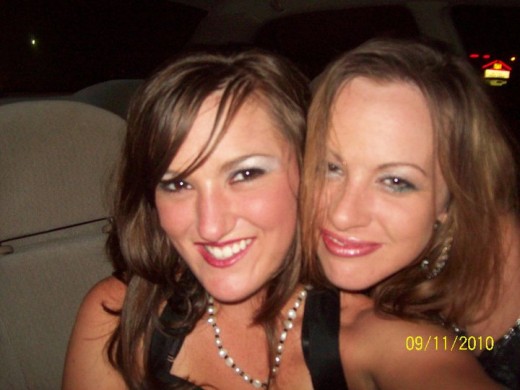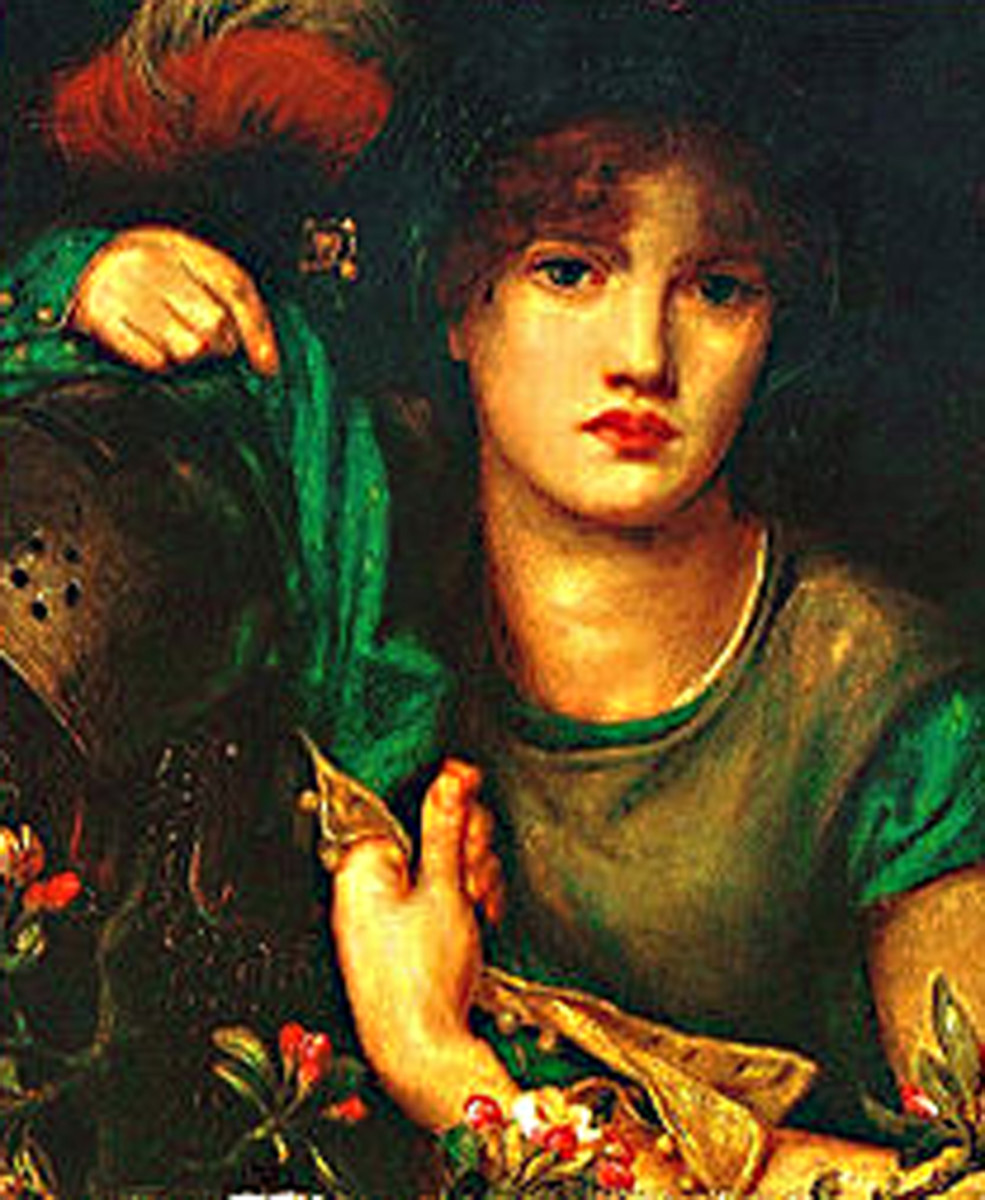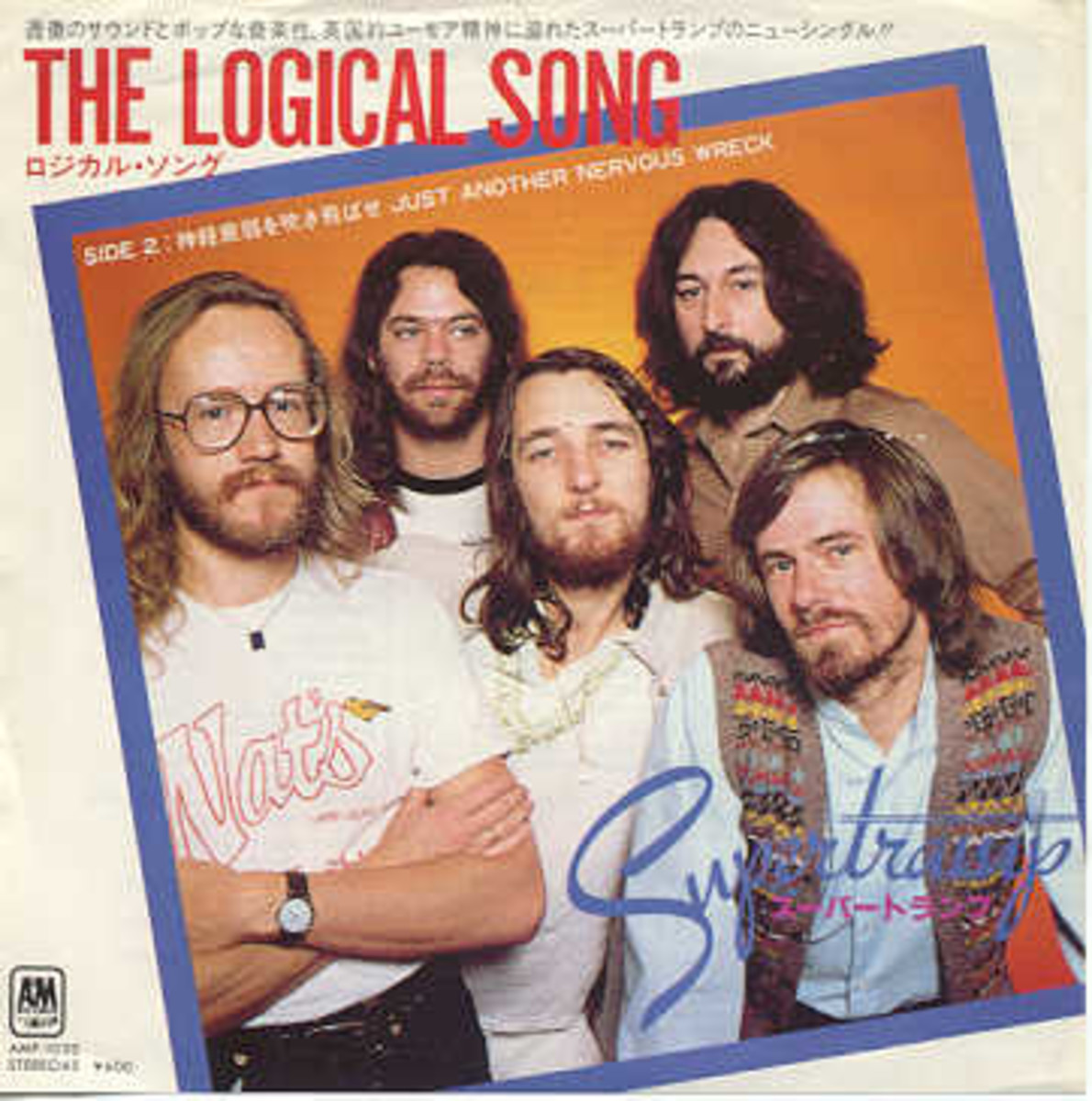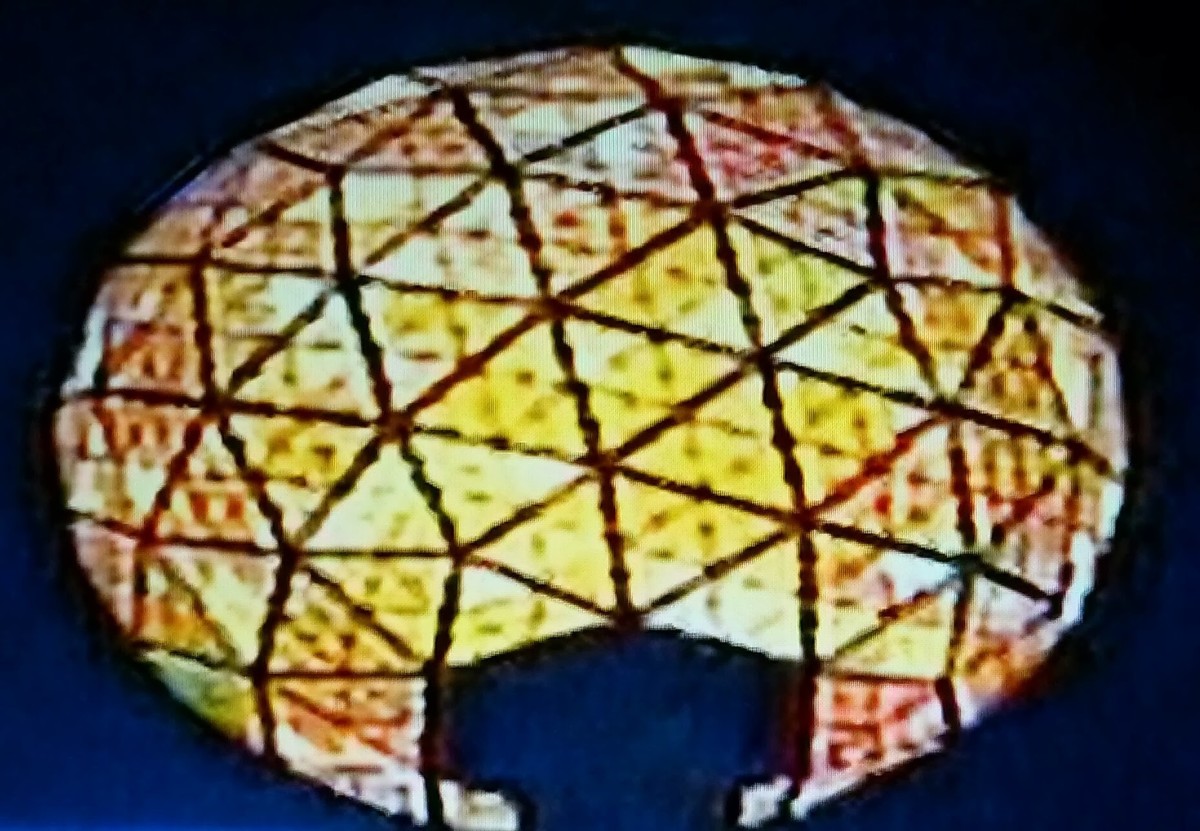What Does "Auld Lang Syne" Really Mean?
meaning of "auld lang syne" for modern listeners
You know the song if you live in an English-speaking country. In the United States, this song is traditionally sung at the stroke of midnight on December 31st every year. You might find yourself in the middle of the wildest, loudest, happiest New Year’s Eve party ever, but yet, when the clock strikes twelve, most of the revelers who were just dancing and drinking and having a high old time are suddenly serious and thoughtful as the poignant words of this ancient tune fall from their lips. Why? What does the song really mean?
“Auld Lang Syne” is an old Scottish song, and the title literally means “old long since.” Like many words and phrases, this one doesn’t translate very well to modern speakers of English. A better translation would be “a long time ago” or “times gone by.” The title and lyrics of the song serve as a reminder that as we face the future, we shouldn’t forget the past.
The original verses were first printed on broadsides by James Watson in 1711, but no one’s sure how old the song really is. Here’s the Watson version:
Should Old Acquaintance be forgot,
and never thought upon;
The flames of Love extinguished,
and fully past and gone:
Is thy sweet Heart now grown so cold,
that loving Breast of thine;
That thou canst never once reflect
on Old long syne.
CHORUS:
On Old long syne my Jo,
in Old long syne,
That thou canst never once reflect,
on Old long syne.
My Heart is ravisht with delight,
when thee I think upon;
All Grief and Sorrow takes the flight,
and speedily is gone;
The bright resemblance of thy Face,
so fills this, Heart of mine;
That Force nor Fate can me displease,
for Old long syne.
CHORUS
Since thoughts of thee doth banish grief,
when from thee I am gone;
will not thy presence yield relief,
to this sad Heart of mine:
Why doth thy presence me defeat,
with excellence divine?
Especially when I reflect
on Old long syne
CHORUS
Apparently, the song didn’t really catch on until Robert Burns, the Scottish farmer-poet, took it upon himself to create new verses of the song, based on the Watkins version. The Scottish bard claims that he learned the words and the tune from an old man, and because Burns was fascinated by the traditions and folklore of his native land and adamant that they be preserved, the poet composed these lines in 1788, and it’s the version that most of us know:
Should auld acquaintance be forgot,
and never brought to mind ?
Should auld acquaintance be forgot,
and auld lang syne ?
CHORUS:
For auld lang syne, my jo,
for auld lang syne,
we’ll tak a cup o’ kindness yet,
for auld lang syne.
And surely ye’ll be your pint-stowp !
and surely I’ll be mine !
And we’ll tak a cup o’ kindness yet,
for auld lang syne.
CHORUS
We twa hae run about the braes,
and pu’d the gowans fine ;
But we’ve wander’d mony a weary fit,
sin auld lang syne.
CHORUS
We twa hae paidl’d i' the burn,
frae morning sun till dine ;
But seas between us braid hae roar’d
sin auld lang syne.
CHORUS
And there’s a hand, my trusty fiere !
and gie's a hand o’ thine !
And we’ll tak a right gude-willy waught,
for auld lang syne.
CHORUS
My ancestors hailed from Scotland, and I taught Burns for years. After researching much of his old Scottish dialect, I was able to mostly translate the words in his poems. I’m a little rusty after being retired from teaching for several years, but here’s my modern translation of "Auld Lang Syne":
Should old acquaintances be forgotten
And never be remembered?
Should old acquaintances be forgotten,
Along with the days of long ago?
And surely you will have your mug,
And surely I’ll have mine.
And we’ll take a cup and make a toast
To the days of long ago.
We two have run about the hillsides
And picked the pretty flowers,
But our weary feet have wandered far
Since the days of long ago.
We two have paddled in the stream
From early morning until dinnertime,
But wide seas between us have roared
Since the days of long ago.
And here’s a hand, my trusted friend,
And give me your hand.
And we’ll take a large drink and drink
To the days of long ago.
As with most poems, the exact words aren’t as important as the overall meaning. What are these verses trying to tell us? Burns, or the speaker, is obviously addressing an old friend with whom he had spent a lot of time. I think the poet is urging all of us to hold our memories dear and to take the time to reflect on the value of old friends and fond memories of our past.
Next New Year’s Eve, think about the words of “Auld Lang Syne” as you sing them. We shouldn’t live in the past, but we should remember and cherish it. After all, it’s made us into the people we are today.






